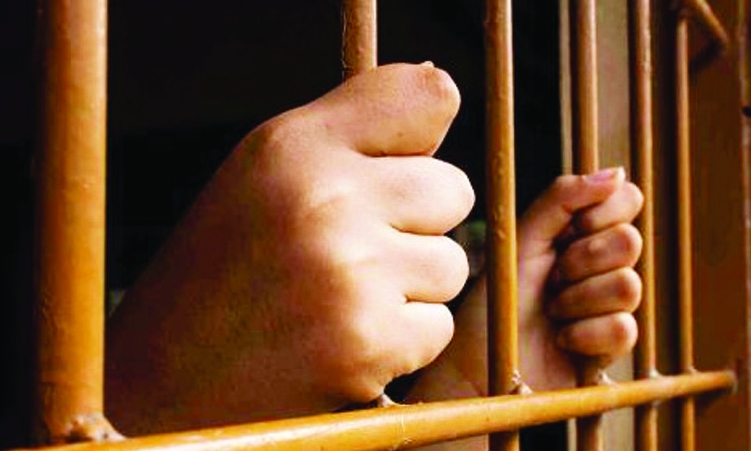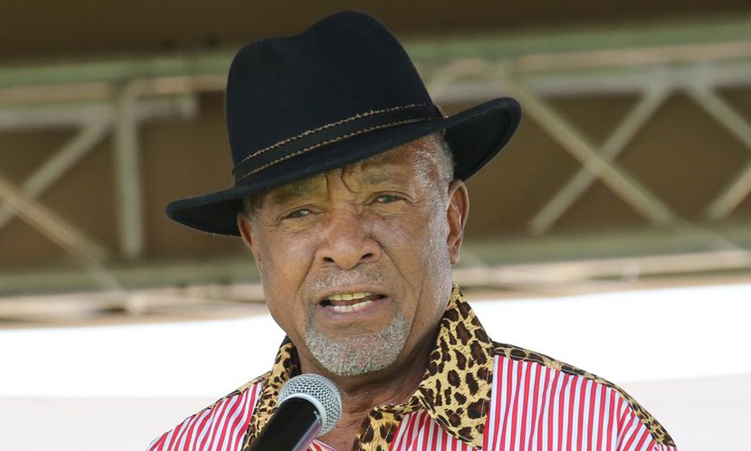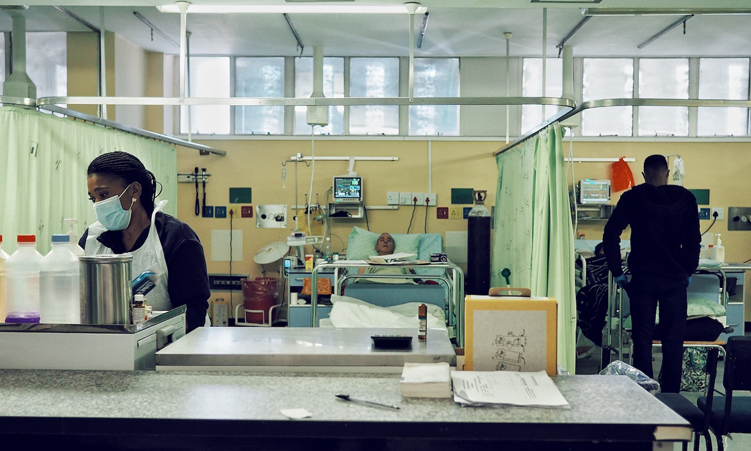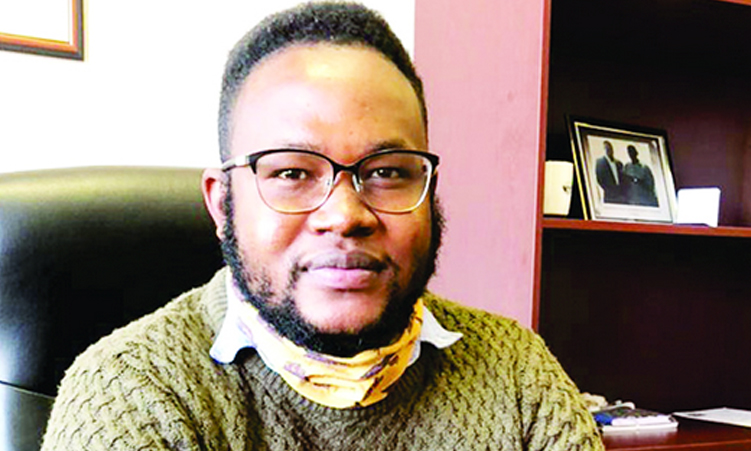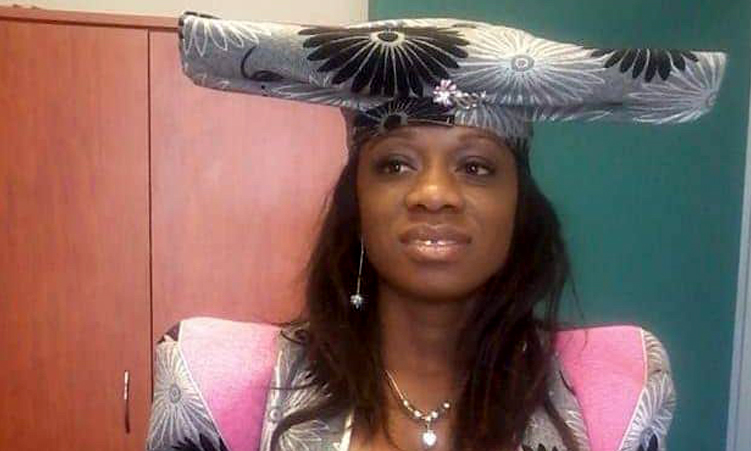Namibia Correctional Service commissioner general Raphael Hamunyela says there is no designated centre for under-18 offenders due to a low number of offenders.
This comes after the Africa Charter on Human Rights and Peoples’ Rights asked Namibia to build a dedicated juvenile facility or construct separate units for juvenile offenders to ensure they are separated from adults, in line with the United Nations Convention on the Rights of the Child, and other regional and international standards.
African Charter commissioner Janet Ramatoulie Sallah-Njie, during her mission to Namibia, said there is a need to ensure that juvenile offenders in Namibia have proper detention facilities to ensure their rehabilitation and reintegration into society, including educational and recreational facilities.
“We had a facility built specifically for juveniles. But due to a low number of offenders occupying them, we could not keep the facility. Sometimes we have less than 10 juveniles,” he said.
Hamunyela said the facility is now being used for offenders with cases related to sexual abuse or indecent assault, such as rape.
“Currently, we only have four juveniles. Juveniles are kept separately at facilities located in their areas of origin […] because it is easier for them to get family visits and any other assistance. We have only four juveniles, and we are keeping them at the facilities where other people are. However, they are not in contact with mature offenders,” he said.
Hamunyela said they do not mix female and male inmates and all inmates have access to basic needs.
“Juveniles are our priority, they fall under special inmates who need to get special treatment. We attend to their needs, including education or basic needs. At each facility, we have education officers who assist inmates,” he said.
Hamunyela said inmates should understand why they are inmates in the first place to accept change.
“Members of the public should know that bringing things such as drugs into the cell will only endanger and damage the person and their loved ones. We should all join hands and assist people in their rehabilitation. We are protecting, but some want to destroy,” he said.
In 1994, Namibia became one of the first African countries to establish a juvenile justice forum.
Analyst Ndumba Kamwanyah said back then it was realised that most children who were in prison were black children, from low socio-economic situations, and many were sentenced to prison or put in the police cells for petty offences, like shoplifting.
“It was imperative that something be done in line with the Namibian Constitution, and that was for the community and families to come in to make sure that we guide them and we did. That was the purpose of the juvenile justice programme,” he said.
Kamwanyah said the government to some extent did not fully take ownership of the programme to make sure that it is sustainable at national, regional, and local levels.
“We need to think creatively to make sure that we empower these young people. We need to make sure that these kids are learning skills that they can use for life. We need programmes that can cater to the psychological, emotional and economic needs of these young people,” he said.
Stay informed with The Namibian – your source for credible journalism. Get in-depth reporting and opinions for
only N$85 a month. Invest in journalism, invest in democracy –
Subscribe Now!


